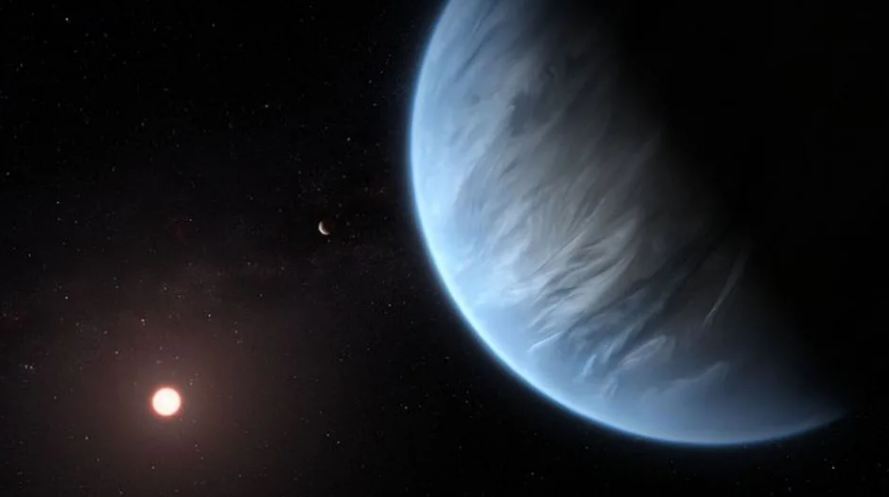
Imagine what it would be like if we could live somewhere apart from where we currently do. It might be possible shortly. Astronomers have estimated that there are almost six billion Earth-like planets scattered throughout the Milky Way Galaxy.
According to a new study based on the data used from NASA's Kepler's Mission, astronomers have estimated that there might be about one Earth-like planet for every five Sun-like stars in the Milky way galaxy. The study was used to calculate the potential number of planets like the Earth revolving around their respective Sun in their habitable zone, the region around the star that creates perfect surface temperature conditions to host liquid water.
The co-author of The Astronomical Journal, Michelle Kunimoto from the University of British Columbia stated,” Estimating how common different kinds of planets are around different stars can provide important constraints on planet formation and evolution theories, and help optimize future missions dedicated to finding exoplanets.” For a more accurate estimation and to less likely miss a planet, researchers used the 'forward modelling' technique which proved to be better than other techniques used. The first simulated all the exoplanets around stars found by Kepler and marked these as ‘detected' or 'missed' depending on their search algorithm.
Kunimoto further states, "I compared the detected planets to my actual catalogue of planets. If the simulation produced a close match, then the initial population was likely a good representation of the actual population of planets orbiting these stars.” According to the studies, the estimated number of potentially habitable Earth-like per Sun-like star has gone from 0.02 to 0.18.
Co-author of the study, Jaymie Matthews stated, “The Milky way has as many as 400 billion stars, with seven per cent of them being G-type. That means less than six billion stars may have Earth-like planets in our Galaxy." With this estimation, that time is not far when we would have more than one Earth to travel around.